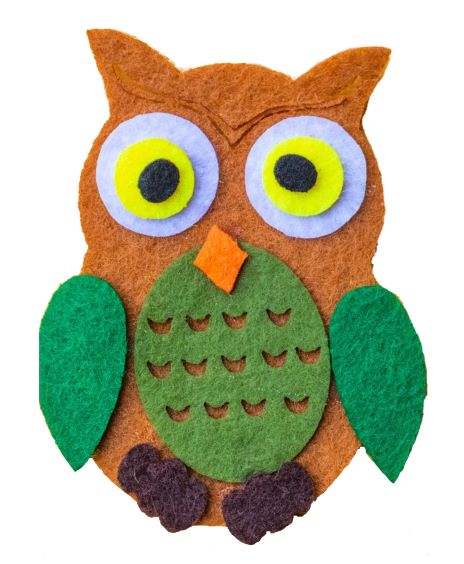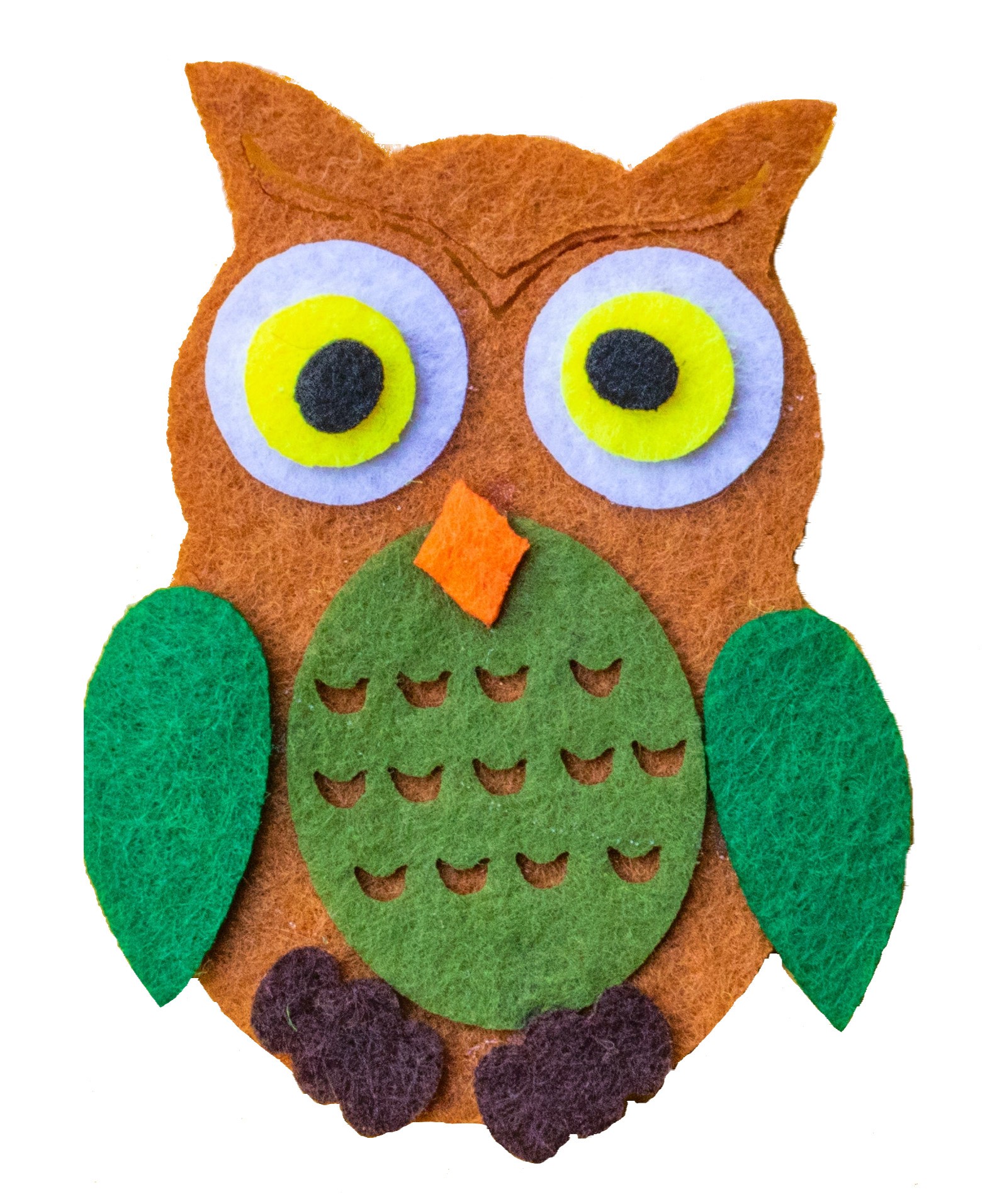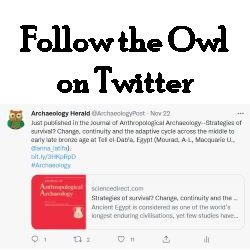The Royal Commission for AlUla (RCU), which was established in July 2017 to preserve and develop AlUla, a region of natural and cultural significance in northwest Saudi Arabia, has signed a long-term strategic partnership with UNESCO.
Signed at the UNESCO HQ in Paris, the agreement accelerates some ongoing cultural and socio-economic work in the region by further protecting its historical, natural, and cultural sites as well as its local culture.
New World Heritage sites now possible
The partnership was signed by Prince Badr bin Abdullah Al-Saud, governor of RCU and minister of culture of Saudi Arabia; Audrey Azoulay, director general, UNESCO; Princess Haifa AlMogrin, Ambassador, Saudi Arabia’s Permanent Delegation to UNESCO; and Amr AlMadani, CEO of RCU.
“The relationship between Saudi Arabia and UNESCO builds on a long history that extends back to 1946, when the Kingdom became a member state of our organization. Today, cooperation between UNESCO and the Kingdom of Saudi Arabia is taking another important step forward, with a view to accompanying a major transformation of the AlUla region,” said Azoulay.
“It is the vision of His Royal Highness Prince Mohammed bin Salman, Crown Prince of Saudi Arabia, to transform AlUla into a global destination for heritage, nature, arts, and culture. The signing of this first-of-its-kind agreement is another significant moment in our journey towards reaching these ambitions and building upon the enduring relationship that exists between Saudi Arabia, RCU, and UNESCO. Aligned with Saudi Arabia’s Vision 2030 plans and UN Sustainable Development Goals, this partnership will connect AlUla’s past, present, and future by harnessing the power of education, science, and culture to act as a catalyst for a sustainable development model and long-lasting change,” said bin Abdullah Al-Saud.
AlUla tells the story of 200,000 years of human history. It has been home to ancient civilizations, including the Dadanties, Lihyanites, and Nabateans who each left their indelible imprint on the area, most clearly preserved in grand tombs carved into the mountains.
The partnership will see the implementation of knowledge-based initiatives to transform sustainably and responsibly the cultural, heritage, and natural landscape of AlUla and establish this vast swathe of northwest Saudi Arabia as the world’s largest living museum.
AlUla’s development will establish it as a unique destination home to a culturally rich local population who are empowered to interact with and inspire visitors through informed storytelling.
Leading academics from across the globe will be invited to explore AlUla through immersive opportunities designed to unlock the secrets of ancient languages and societies that are captured in time in AlUla.
RCU will work alongside UNESCO and global experts on key programs including:
- Memory of the World, focused on the preservation of documentary heritage.
- UNESCO-Kingdoms Institute Fellowships Programme, for researching, preserving, promoting and transmitting heritage.
The jewel in Saudi Arabia’s heritage crown, AlUla is part of the Kingdom’s Vision 2030 plan to unlock its vast cultural, tourism, and economic potential. UNESCO and Vision 2030’s Agenda for Sustainable Development are strategically aligned to promote education, culture, and science as a powerful platform to stimulate economic opportunities, job creation, and growth.
Spanning the next five years and focused on 10 programs, the new partnership includes the listing of new natural and cultural sites under UNESCO’s taxonomy to protect and promote local heritage and natural landscape and ecosystems. Key sectors that will shape this include heritage conservation, education and capacity building, nature, and creative arts, with local people as the main beneficiaries of AlUla’s development.
Helping to open up the long-hidden potential, knowledge, and unique culture that makeup Saudi Arabia’s identity and heritage, AlUla will act as a laboratory for sustainable development models and conservation practices while also enabling UNESCO to increase its footprint in the region.
The agreement builds on a long history of collaboration between Saudi Arabia and UNESCO that extends back to 1946 when the Kingdom was one of 20 countries to ratify the UNESCO constitution. Over the years this relationship has continued to thrive and develop in both directions; UNESCO designated Hegra in AlUla as Saudi Arabia’s first World Heritage Site in 2008, KSA became a member of UNESCO’s Executive Committee in 2019 and was elected to UNESCO’s Intangible Cultural Heritage Committee for the first time in 2020.






